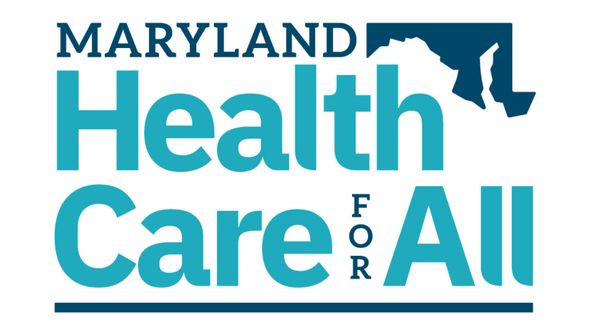Daily Record
By: Bryan P. Sears
May 26, 2017
Gov. Larry Hogan will allow to become law a measure that gives the state attorney general the power to sue generic drug manufacturers over price gouging, but he vetoed a bill that would prohibit colleges and universities from asking about the criminal histories of prospective students.
Hogan announced Friday that, in addition to the drug price-gouging measure, he is allowing more than 70 bills from the House and Senate to become law without his signature.
The governor announced the veto of Senate Bill 543 and House Bill 694 in a statement Friday.
Hogan, in a letter, said the prescription drug bill raised a number of legal questions related to regulating interstate commerce and vague wording regarding the definition of an “unconscionable increase.”
Hogan said he was not convinced the new law would ensure access to more affordable drugs.
“The legislation does have a laudable goal, to combat price-gouging of consumers for live-saving drugs, and I am supportive of that goal,” Hogan said in his letter. “However, because of the aforementioned problems with the bill, I will not be signing this legislation, and instead will allow it to become law without my signature.”
The governor called on lawmakers to take up the issue again in January and craft a bill that addresses his concerns.
Vincent DeMarco, president of Maryland Citizens’ Health Initiative, praised the first-of-its-kind in the country law.
“It has been the Wild West for skyrocketing prescription drug prices in Maryland and across the country,” DeMarco said. “Now, there is a new sheriff in town, which we hope will deter this kind of activity.”
DeMarco called on federal lawmakers to enact a similar law.
The Association for Accessible Medicines, a trade group that represents generic drug manufacturers and distributors, said in a statement that the new law would cause a variety of unintended consequences.
“In this time of great uncertainty over health care costs, the citizens of Maryland deserve better. Unfortunately, (House Bill) 631 will have the opposite effect by chilling competition, while simultaneously having no material impact on lowering prescription drug costs in the state,” the group said in a statement.
The group said in its statement that it was reviewing all options to challenge the new law.
…
Among those that became law without Hogan’s signature were:
- A measure that would allow local breweries to increase sales of beer they brew in tap rooms and clears the way for the opening of a Guinness facility in western Baltimore County. Hogan, in a letter explaining his decision, raised concerns that the law punishes new independent breweries and emboldens states such as Virginia to lure those companies and the related jobs out of Maryland: “It’s clear from the debate surrounding this bill that Maryland’s beer laws — dating back to the end of Prohibition — are in need of reform as they threaten to reverse the incredible growth of our state’s craft brewing industry. Failing to do so will possibly force new and existing breweries to look outside of Maryland to expand their businesses.”
- Identical House and Senate bills that establish new oversights of the Prince George’s County Liquor Board in the wake of a federal investigation that resulted in a number of indictments including two state delegates from that county.
- A measure that would provide some additional funding to Maryland Public Television to televise House and Senate floor sessions during portions of the General Assembly session. Hogan proposed legislation that would have required livestreaming of all floor sessions. He called the bill passed by the legislature a “pitifully small step toward transparency.”
A complete list of all House Bills that Hogan allowed to become law without his signature can be found here.
A similar list of Senate bills can be found here.
Last modified: May 31, 2017


